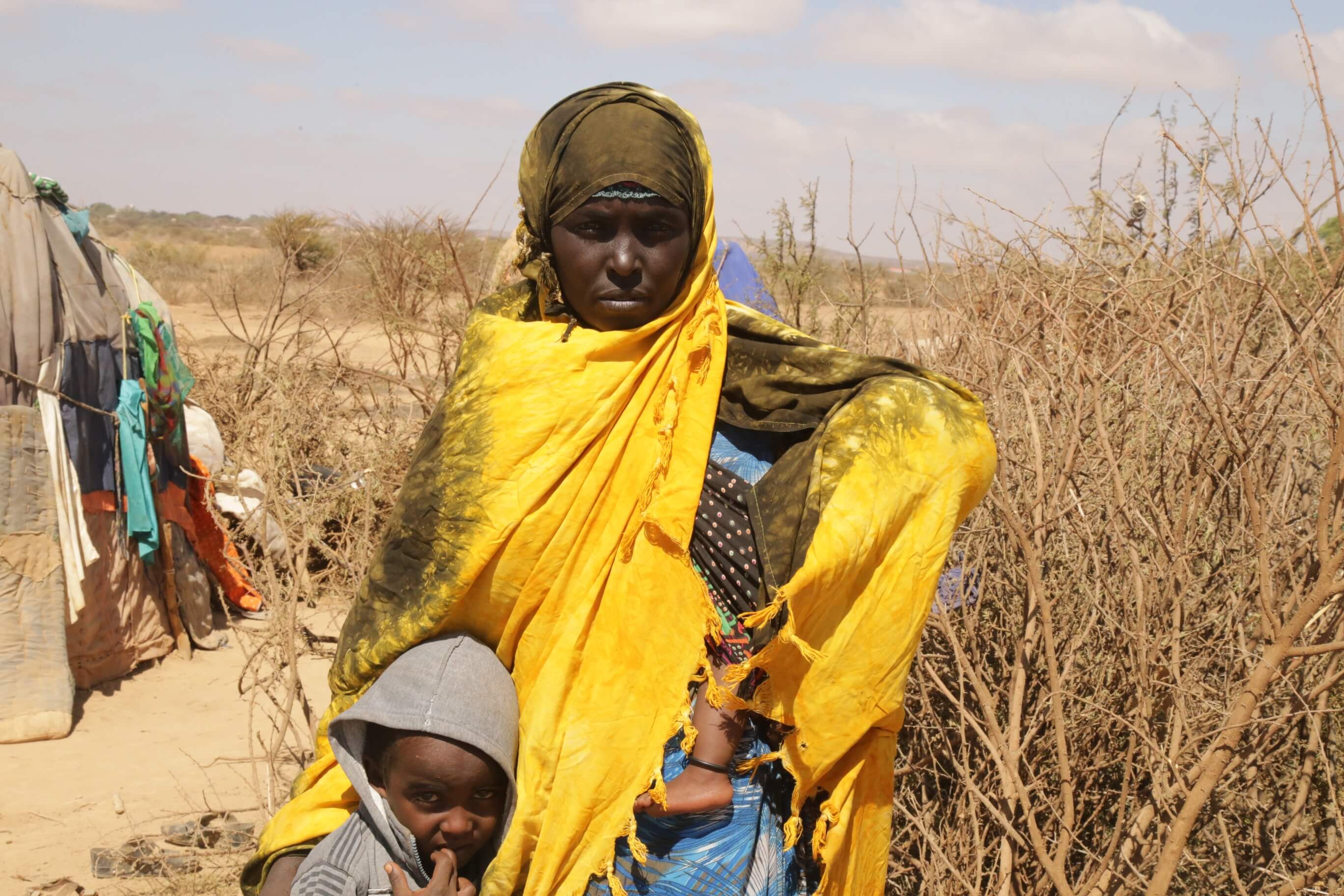As the global news agenda focuses on the famine across South Sudan, Somalia, Ethiopia and Kenya, the need for humanitarian agencies to better respond to slow onset and protracted crises is highlighted in a new report from the Transforming Surge Capacity project.
According to the report, Slow-Onset Crises: Review of Surge Practices, humanitarian agencies are increasingly responding to slow-onset crises, despite challenges in securing funding and staff with the skills and expertise needed.
The report found that slow-onset crises, such as droughts and food insecurity, are expected to increase, owing to multiple factors including climate change and rapid urbanisation.
All seven agencies that participated in the research had responded to slow-onset crises in past two and half years. Responding to slow-onset crises was reported mainly as being country-led carried out in conjunction with regular programmes and in close cooperation with existing local partners.
However, given that their resource management, staff training and finance mechanisms had been mainly set up to respond to sudden-onset crises, agencies faced challenges in using these tools and mechanisms to respond to slow-onset crises. Recognising these challenges, agencies have started to develop tools and mechanisms to ensure more efficient responses to slow-onset crises.
The report provides examples of how agencies are overcoming these challenges in their responses to slow-onset crises:
- Responding to El Niño-related drought in Zimbabwe, ActionAid used in-country staff who had been trained in emergencies and were able to scale up funding built on limited contingency funding.
- Christian Aid responded to the 2013 drought in in Andhra Pradesh, India working with local partners and bringing in two temporary surge staff from New Delhi and neighbouring Bangladesh.
- With Papua New Guinea the worst affected by El Niño in the region, CARE responded in 205/16 with a combined international and national team and were able to produce the necessary assessment to secure funding and support integration of emergency response into CARE’s regular programme work in the country.
The report advocates for changes in surge policies and practices, such as adapting funding mechanisms, training national and surge teams in slow-onset response skills, making better use of existing assessment tools (such as the Situation and Response Analysis Framework) and supporting new initiatives to tackle slow-onset crises, such as the Start Network’s Drought Financing Facility.
The project will be holding a webinar with the Glenn O’Neil, one of the authors of the report, to share key findings, which includes examples of how agencies are overcoming challenges in their response to slow onset crises, and recommendations to change surge practises and policies to tackle slow onset crises.
The webinar will be held on Tuesday 28 March 09:00-10:00am BST and can be accessed via the following link https://zoom.us/j/603361958. Please email qadeer.abdilleh@actionaid.org to confirm your attendance.

